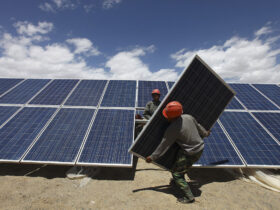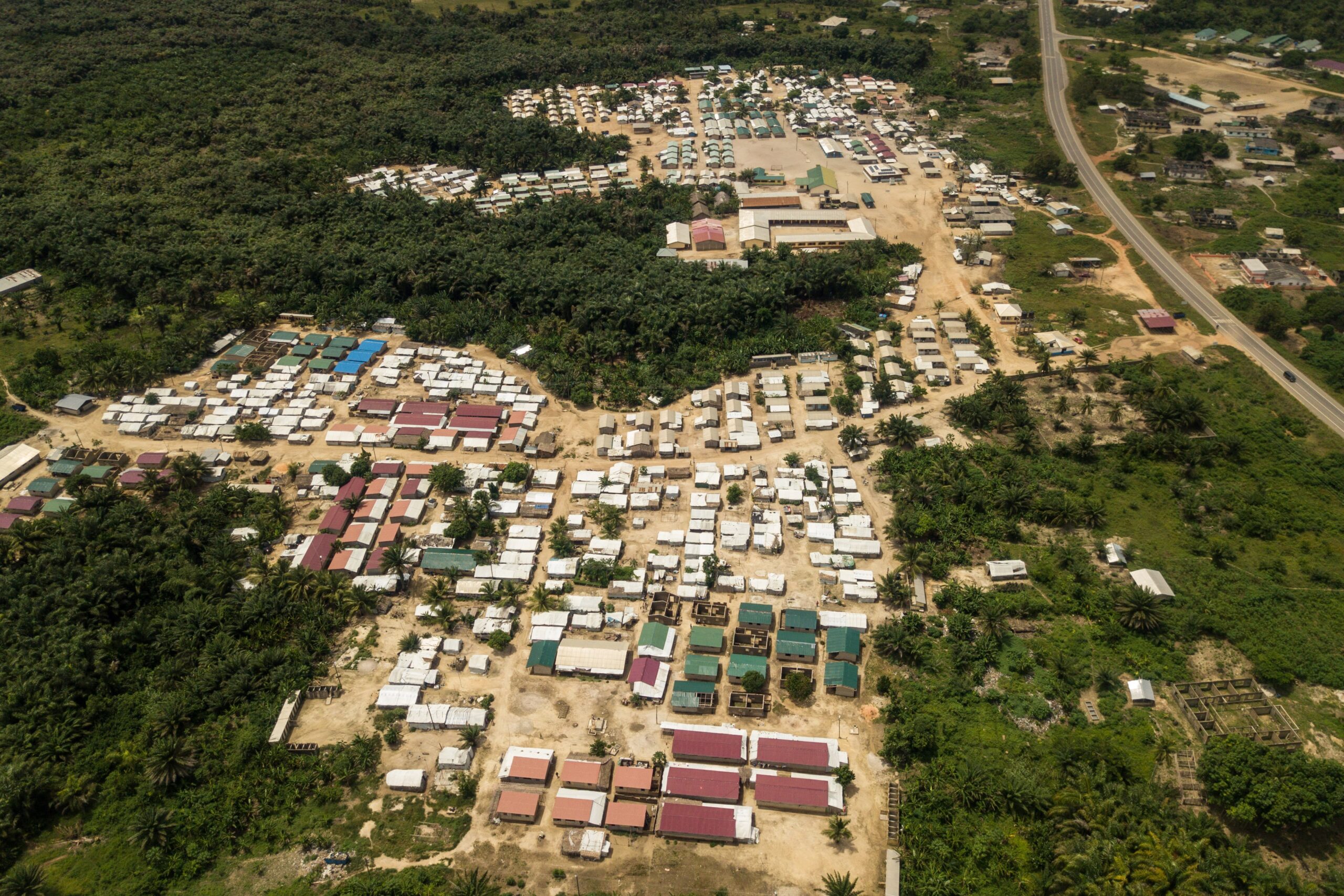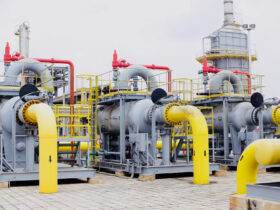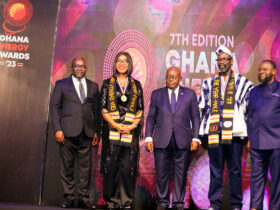
Ghana’s power transmission company, GRIDCo, has expressed readiness to assist Sierra Leone to transform its power sector. Chief Executive Officer of GRIDCo, Ing Ebenezer Kofi Essienyi affirmed this position when the Vice President of Sierra Leone, Mohamed JuldehJalloh, who is on an official visit to Ghana, led a delegation to tour the Ghana Grid Company in Tema on Wednesday, December 8, 2021.
“Kofi Essienyi thus urged Sierra Leone not to hesitate to call on GRIDCo, saying: “We will gladly come and assist your team.”
The country, he said, is willing to assist Sierra Leone in its power sector “so that you don’t make the mistakes we have gone through in our power sector. We are ready to guide you in any aspect of our work. The traps that we fell in, what we learned, and what is it we must do going forward,” he noted.
With electricity access currently at 86%, Ghana has successfully implemented two Power Compacts and, therefore, has learned valuable lessons that she is ready to share. The national transmission company GRIDCo operates two major transmission line systems – 161 kV and 330 kV – covering about 6500 kilometers across the nation.
On his part, the Vice President of Sierra Leone H. E. Mohamed JuldehJalloh said his visit to Ghana was to learn from the excellent work of the Ghana Grid Company and to also share their experiences in their power sector.
His country, Sierra Leone 2020 qualified for a Power Compact from the Millennium Challenge Corporation (MCC) and since Ghana had already implemented two successful power compacts, there was a need to visit Ghana to learn from them.
“We’re here to learn from the good work and also to take cognizance of the challenges and how you overcame them,” he stated.
For many years, the electricity sector of the West African nation has been beset by a lot of struggles, with the latter listed among the countries with the lowest access rates on the continent and in the world.
In January 2021, only 23% of Sierra Leonean had access to electricity, which is below the Sub-Saharan average of 30%, according to the World Bank. The infrastructure gap has not only been impacting people’s welfare and ability to access services, but it has also been severely impeding competitiveness, job creation, and poverty reduction. Inadequate electricity provision has been a major cause of high costs to private companies, disrupted production, and reduced profitability.
At the beginning of the year, the World Bank intervened with a US$50 million grant from the International Development Association (IDA) to improve access to electricity in Sierra Leone, and enhance institutional capacity and commercial management of the sector.
Around March, the MCC and the Government of Sierra Leone successfully ended a US$44.4 million MCC-Sierra Leone Threshold Program, a partnership to reform the water and electricity sectors in Sierra Leone and advance economic growth. With these interventions, the electricity access rate has been improving.














Leave a Reply